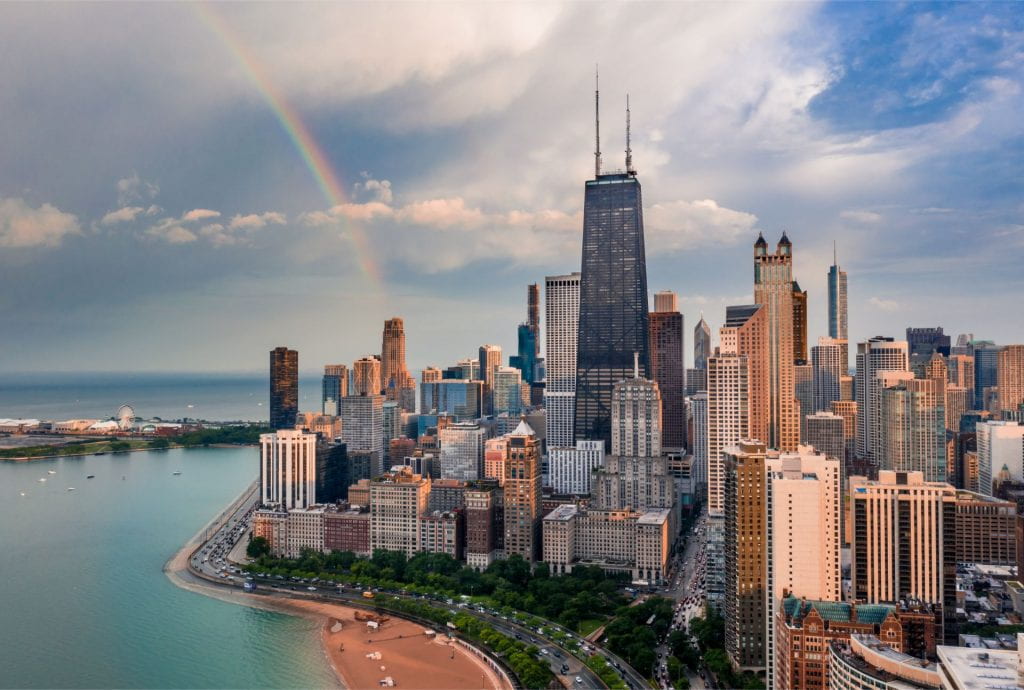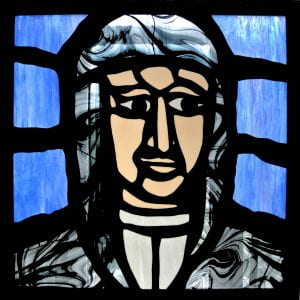This Mission Monday continues our journey with Christians throughout the world who move through their sacred season of Lent. In the Lenten Scripture readings for this week, we engage with a familiar story from the Old Testament. Moses, tending his flock, encounters a burning bush. To his surprise, the bush remains intact, continuing to burn but unconsumed by the blaze. So, Moses investigates … and he hears from the flames the call of God. Mysterious, commanding, fearsome, the voice of God speaks to Moses. His life, as well as human history, will never be the same.
Lucky Moses. His sign came in the form of a supernatural occurrence—a non-perishable shrub—and the self-identified voice of God calling him by name. It would have been next to impossible for him not to have noticed these things around him! My signs are usually a little more difficult to discern. Maybe yours are too.
I am not saying they are not there. I believe we do get signs all the time, from God, the universe, our Higher Power, or perhaps just as a result of how we choose to make meaning out of the things in our lives. Whatever the source, receiving a sign can be a purposeful, powerful event. It can give us strength, conviction, and guidance. But it is seldom as obvious as a burning bush.
Then how do we discern the signs in our own lives? The rainbow after a shower that gives us hope. The call that seems more like a whisper. The invisible hand of God. If asked how to discover the signs around us, Vincent de Paul would very likely advise paying close attention to our own life experiences.[1] Reflecting upon our thoughts and feelings, our successes and failures, our values and desires, our relationships and behaviors—honestly, humbly, patiently, compassionately— allows us to learn and grow. It is a practice Vincent and his colleagues devoted their lives to, and it contributed to many of the decisions they made in establishing what we now know as the Vincentian Family.
So many of us are eager to encounter and cooperate with the signs that we believe exist in and around us, to connect with that which is bigger than ourselves. Cultivating a practice that helps us attend to the signs in our lives is time well spent. We may never come upon a burning bush. But undoubtedly, we will discern the wisdom, truth, and hope that are there for us and that we are meant to uncover.
Invitation for Reflection:
How do you look for signs around you? How do you discern them? When have you discovered and been led by them in the past?
What might be signs in your life right now? What are they calling you to or pointing you toward? Are you excited by them? Do they evoke other feelings (uncertainty? fear?) in you?
Consider how you can cultivate a practice of reflection and discernment. What questions do you have? What might be helpful for you to make this a successful practice?
Reflection by: Tom Judge, Assistant Director and Chaplain, Faculty and Staff Engagement, Division of Mission and Ministry
[1] See for example, Letter 1138, “To Étienne Blatiron, Superior, in Genoa,” September 17, 1649, CCD, 3:480; and Letter 460, “To Pierre Escart, in Annecy,” July 25, 1640, CCD, 2:84.


